Spinal Cord Stimulation
Spinal cord stimulation is a form of neuromodulation that is an effective alternative treatment for certain chronic pain disorders.
This consists of a small implantable device that delivers electrical signals through the epidural space to interfere with pain signals. Instead of feeling pain, patients may experience comfort or relief. Spinal cord stimulators can treat different types of chronic pain syndromes, including back pain, neck pain, radicular pain, neuropathic pain, chronic regional pain syndrome and more.
- Failed Back Syndrome (FBS) or low back syndrome or failed back
- Radicular pain syndrome or radiculopathies resulting in pain secondary to FBS
- Multiple back operations
- Unsuccessful disk surgery
- Degenerative Disk Disease (DDD)/herniated disk pain refractory to conservative and surgical interventions
- Peripheral causalgia
- Epidural fibrosis
- Arachnoiditis or lumbar adhesive arachnoiditis
- Complex Regional Pain Syndrome (CRPS), Reflex Sympathetic Dystrophy (RSD), or causalgia
- Diabetic peripheral neuropathy of the lower extremities
- Certain types of stimulators can even be indicated for: Causalgia secondary to inguinal or umbilical hernia repair, Total knee or total hip replacements, Sacral pain or pelvic pain.
If you are identified as a possible candidate for a stimulator, here are some steps you can expect.
**Most insurances will require a psychological assessment prior to this therapy.
- Unlike most other medical treatment options, you can try the stimulator before committing to long-term therapy.
- The trial is typically done in-office and involves the placement of temporary epidural leads that are attached to an external battery for 5-7 days.
- At the end of your trial, we can make a shared decision to determine whether or not stimulation therapy is right for you. A successful trial is typically described as at least 50% relief in pain, however other clinical indicators are important to consider, such as functional improvement or disability improvement.
Frequently Asked Questions
If you google spinal cord stimulators (SCS), you may see advertisements from law firms touting the ‘dangers of spinal cord stimulator devices.’ This will naturally raise your concern as to whether or not this therapy is right for you. Rest assured; spinal cord stimulation therapy is safe. This technology has been around since the 1960’s and has only improved with time.
According to the FDA, the most frequently reported patient problems with SCS are inadequate pain relief or battery charging issues. These are resolved with proper patient selection, an adequate trial period and proper device selection. Please speak with a provider here at New York Pain Pump Institute to determine how to maximize your experience with spinal cord stimulation. Feel free to review the following letter to healthcare providers from the FDA regarding adverse events with SCS.
https://www.fda.gov/medical-devices/letters-health-care-providers/conduct-trial-stimulation-period-implanting-spinal-cord-stimulator-scs-letter-health-care-providers

